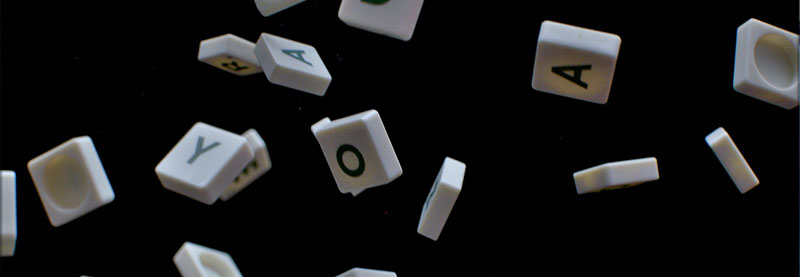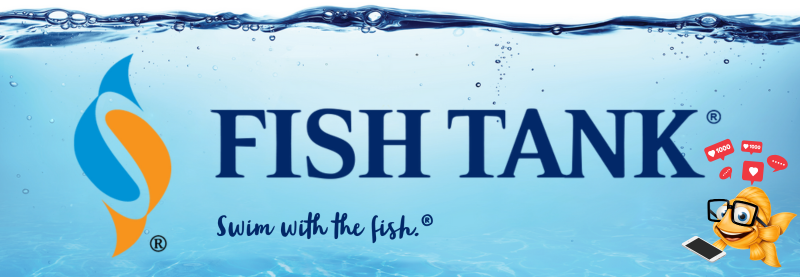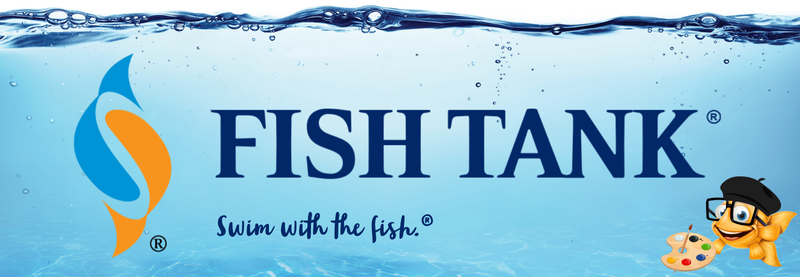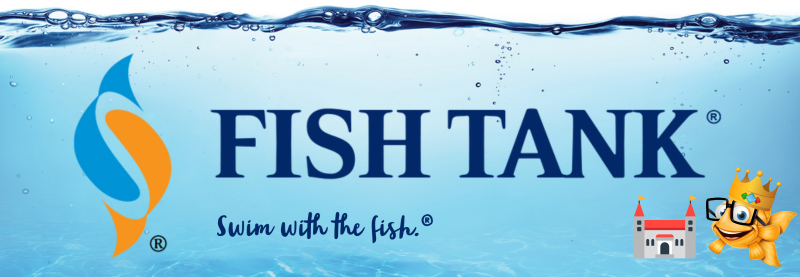Intellectual Property Insights from Fishman Stewart PLLC
Newsletter – Volume 24, Issue 16
Share on Social
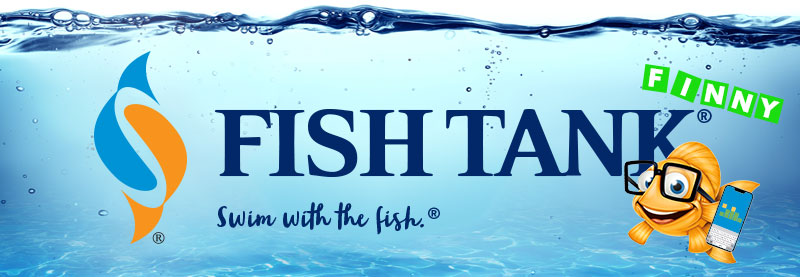
The Battle to Protect “WORDLE”
By Linda M. Callaghan
The online word game Wordle was created in 2021 by Josh Wardle and quickly rose in popularity. Players receive a new puzzle daily with six chances to correctly guess a five-letter word of the day with limited clues.
Recognizing the surging trend among users, The New York Times Company (“NYT”) purchased the game in 2022. Many families separated due to COVID started using the game to stay in touch by texting each other or sharing on social media the number of tries it took them to correctly solve the puzzle. Millions have played the game.
However, together with the rise in the game’s popularity has been an increasing number of copycat games popping up. For instance, Nerdle is an online math guessing game and Heardle is an online music guessing game.
This begs the question: how close can competitors come without infringing on the NYT’s intellectual property rights in WORDLE? We may soon find out.
Kory McDonald, owner of Worldle LLC, filed U.S. trademark application no. 97455658 for WORLDLE to protect an online geography guessing game. The NYT has taken offense to “WORLDLE” and opposed the trademark application arguing the term is too close in spelling to “WORDLE” with only one additional letter to differentiate the two online games. The NYT opposed the application. Mr. McDonald, however, believes the differences between a geography versus word challenge and the inclusion of “world” in WORLDLE versus “word” in WORDLE are sufficient to avoid confusion between the two.
In addition, University Games Corporation came out with a tabletop board game called “5-Letter Wordlet,” which incorporates the identical game strategy as Wordle with players guessing a five letter word in six attempts, only, not online. The board game also bears a striking resemblance to the online game, sharing a similar green and grey color scheme and game board layout.
It is the use of term, “Wordlet,” that appears most troublesome to the NYT. NYT opposed University Games’ trademark application for 5-LETTER WORDLET filed for “board games; tabletop games.” In the opposition, NYT states that consumers will be confused as to the source of the board game and incorrectly believe there is an association with NYT’s online WORDLE game. One factor in the NYT’s favor is the customer review section for the board game on Amazon where a few purchasers indicate they view the board game as affiliated with the online Wordle game, indicating there is probably some consumer confusion already between the NYT’s WORDLE and University Game’s 5-LETTER WORDLET.
Only time will tell the fate of these WORDLE competitors, but one thing is certain, the NYT is vigorously protecting its intellectual property rights in its wildly popular online game.
Linda is a Partner at Fishman Stewart, specializing in intellectual property law. Linda focuses mainly on trademark and copyright law, including foreign and domestic prosecution and litigation, as well as agreements and assignments. Check out her full bio here.

Related Content from Fishman Stewart
In our previous FishTank article “The Great Beige-Off: Influencer Sues for ‘Vibe’ Infringement,” we reported on Sydney Nicole Gifford’s lawsuit against fellow influencer Alyssa Sheil over allegations of copyright infringement involving neutral-toned social media content.
People have long pondered whether or not the Giza pyramids were indeed solely burial chambers, which was the only known, and archaeologically determined, use—until now.
As the story goes, Klein was so taken with the indescribable blue of the sky over the Mediterranean in Nice, France, that he dedicated his artistic talent developing a blue that would imbue the canvas with this color in its purest form.
Despite her pseudo-legal background in Suits, Meghan has been running into one issue after another in her efforts to register the trademark and logo for her new lifestyle company, for now, called “AS EVER”.
By 1930, efforts began in New York to replace Mother's Day with Parent's Day because men were more than just breadwinners. Those efforts didn't catch on, probably because in that era, women often spent more time in the home.
In February, Nike and Skims announced that they will be working together on a new brand, NikeSkims. The co-brand will create a new line of training apparel, footwear, and accessories specifically designed to meet the unique needs of women athletes.
Generally, federal courts have exclusive jurisdiction over copyright cases, and often, this presents an insurmountable paywall for individual artists and small businesses to vindicate their rights, especially where the value of the individual copyrighted works are relatively low.
Dedicated to raising public awareness about the importance of encouraging innovation and creativity throughout the world, the World Intellectual Property Organization (WIPO) annually observes World Intellectual Property Day on April 26 to showcase the role that patents, trademarks, industrial designs, copyrights and trade secrets play in our everyday lives.
Hold onto your foam fingers, sports fans – college sports just got a whole lot more interesting! The latest updates to Name, Image, and Likeness (NIL) rules are making student-athletes bigger than ever, and it’s not just about the game anymore.
Did a federal court in Louisiana recently decide that US copyrights are global rights? It seems so.
IDENTIFYING, SECURING AND ADVANCING CREATIVITY®


